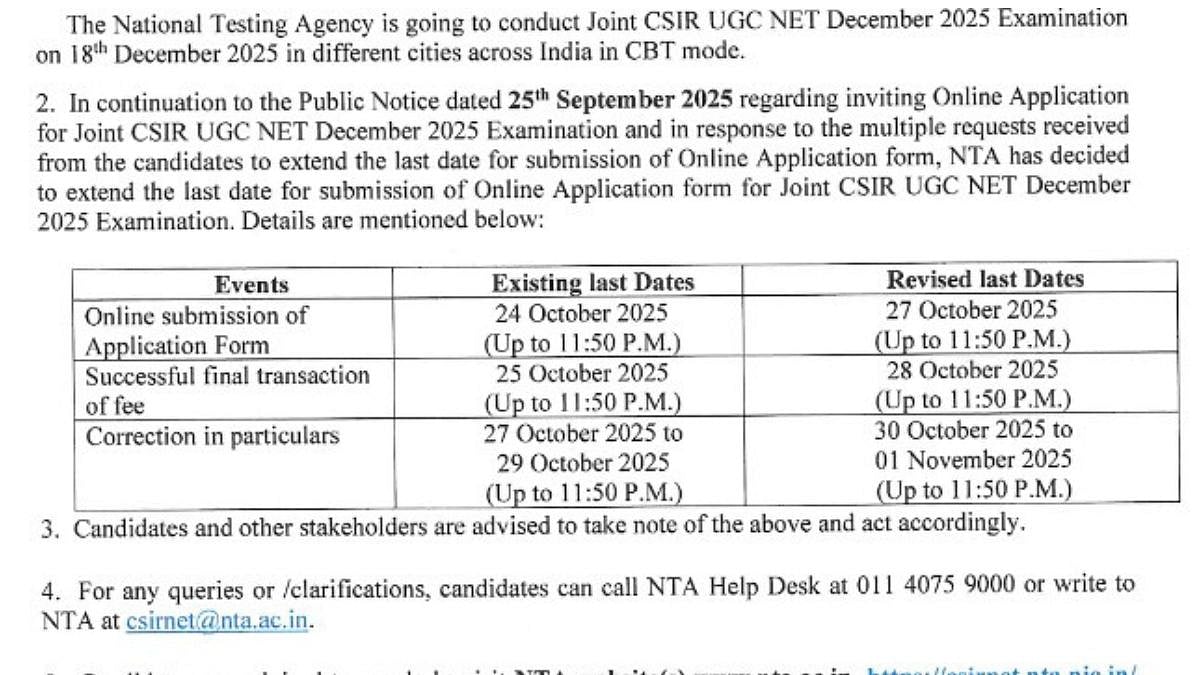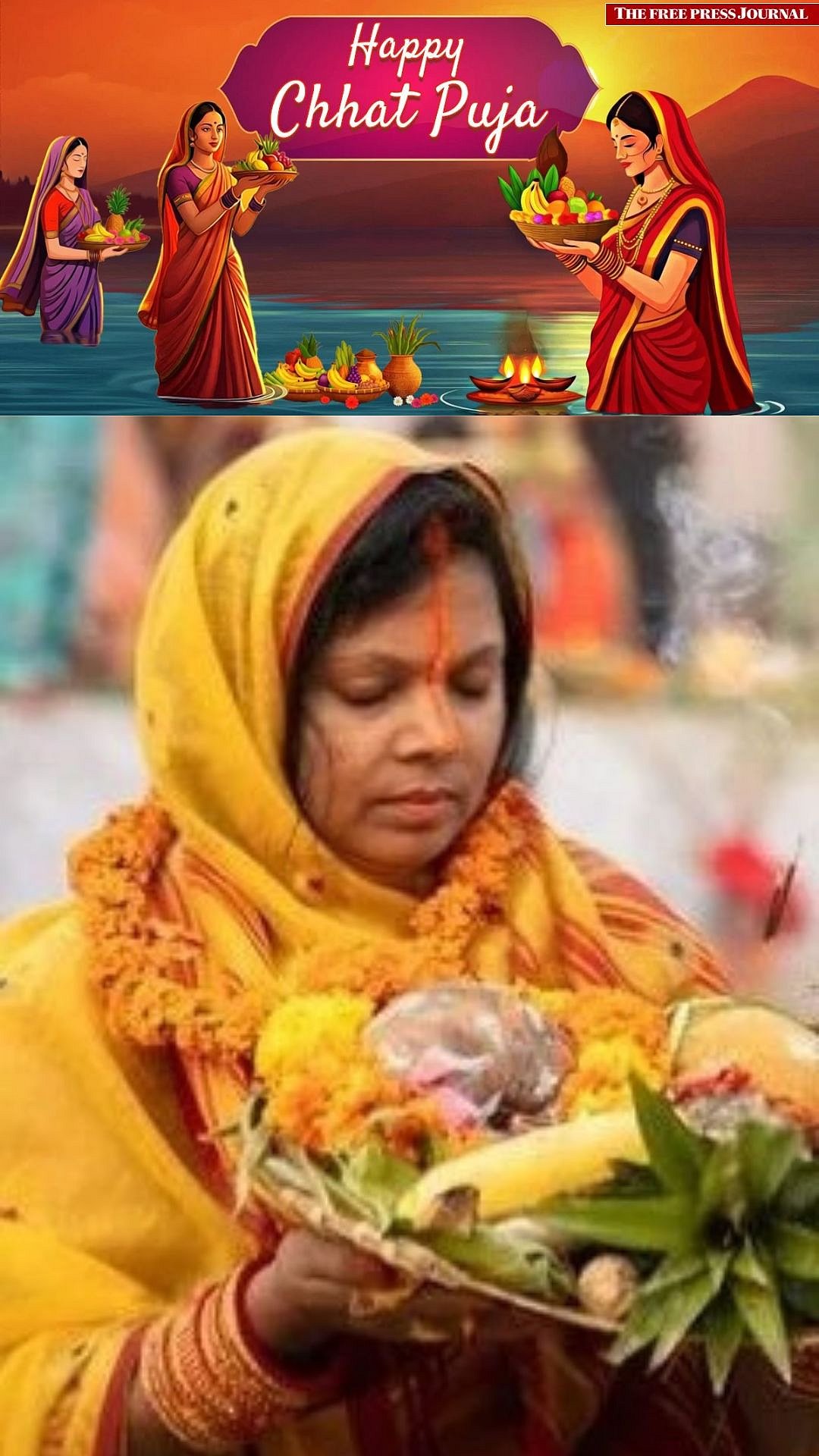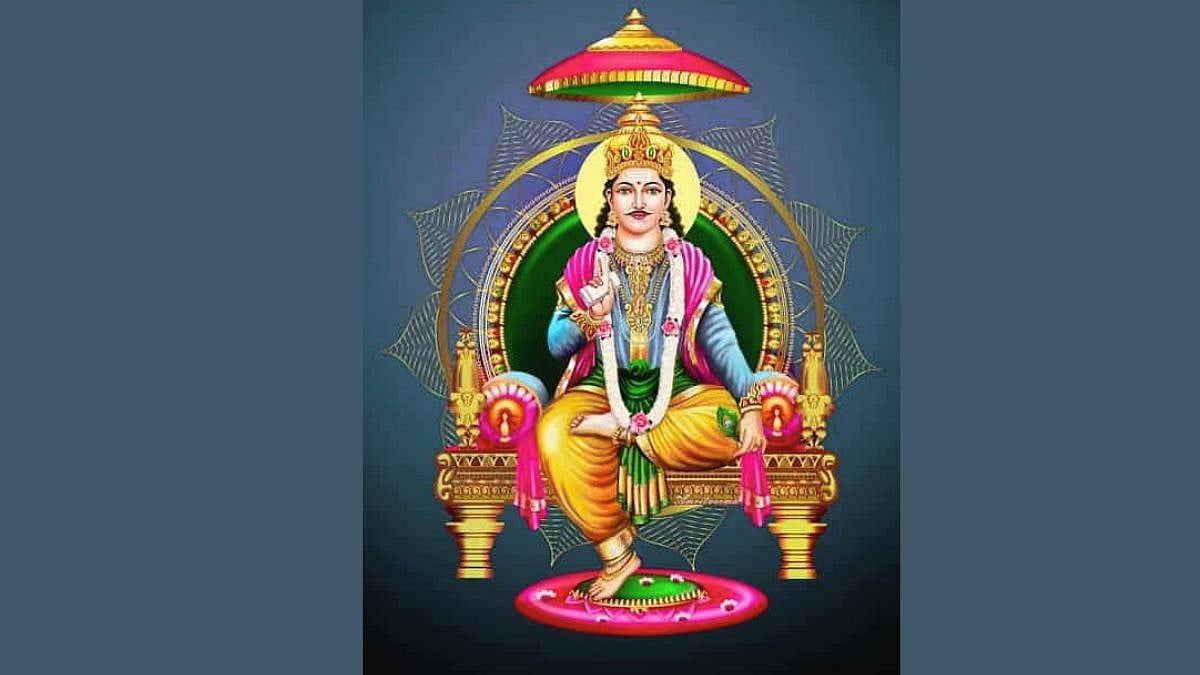A lot of terms are used to refer to the original religion of Bharat — Hinduism or Hindutva also referred to as Sanatana Dharma. What is the source of it all? The source is manifold. The primary source is the Veda divided into four — Rigveda, Yajurveda, Samaveda and Atharvaveda, depending on the mantras. Each Veda has a ritualistic section (Karma Kanda) worshipping Ishvara in many forms and the last section is called Vedanta (Jnana Kanda) for moksha, liberation.
Vedic wisdom is divided into two: Shruti, which is revealed knowledge to the Rishis by Ishvara, and the second is Smrti, knowledge remembered by great masters and written down. Smrti includes the Bhagavad Gita and Itihaasa such as the Ramayana and the Mahabharata. Further are the 18 Puranas each of which speaks of a specific manifestation of Bhagavan and the genealogy of each manifestation.
A logical analysis of the Karma Kanda section of the Shruti is called Purva Mimansa, which offers a detailed analysis of the rituals by Bhagavan Veda Vyasa’s student, Rishi Jaimini, of what can be done and how it is to be done. It also speaks of the journey of a jiva, an individual. A logical analysis of the self-knowledge section is called Brahmasutras by Bhagavan Veda Vyasa. Additionally, there are Vedangas (auxiliary disciplines) such as Vyakarana (Grammar), Nirukta (Etymology), Jyotisha (Astrology), etc., that help us understand the Vedas better. There are Upavedas too, disciplines of knowledge for health and living (Ayurveda), strategy and martial arts (Dhanurveda) and so on.
All of this and more form a sophisticated body of knowledge reflecting breadth and depth of analysis and thinking. Nobody masters all of these. People choose what they need in their lives. Some experts and masters have dedicated their lives to each of these disciplines. If someone seeks more prosperity they may seek additional help through a pandit who may perform powerful rituals. Those who seek insights into strategy may learn about the Mahabharata, Dhanurvidya and Arthashastra. Those who want moksha may seek Vedanta teachers. It is this glorious Vedic wisdom that underlies Hinduism.
(The writer is the founder of Aarsha Vidya Foundation. You can write to him at aarshavidyaf@gmail.com)











